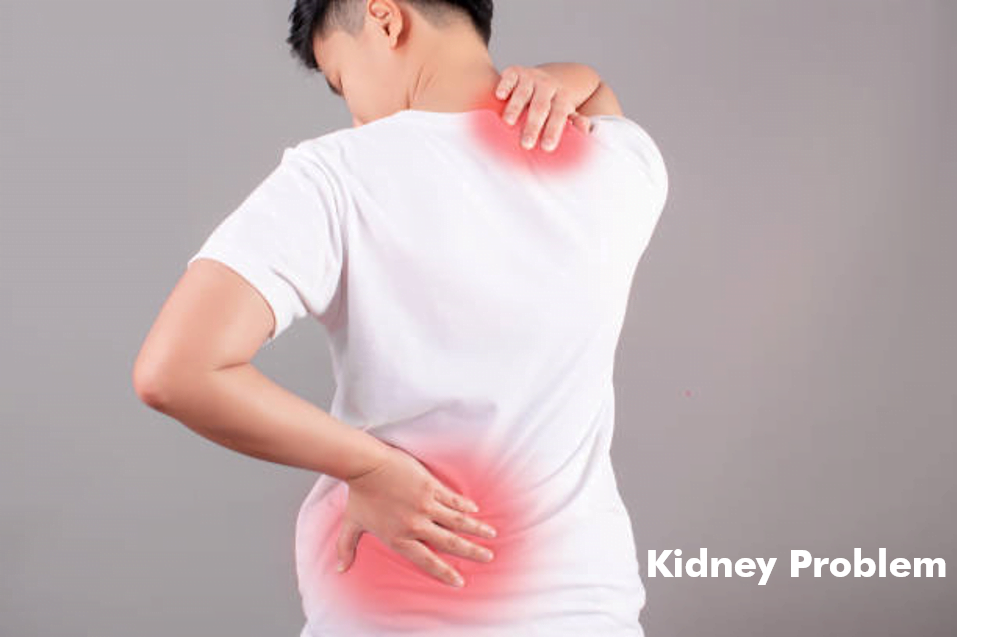Understanding Kidney Stones – Will discuss a topic that can be quite troubling to those who have experienced it or who may be curious to learn more -painful kidney stones. The excruciating pain caused by these small, hard stone mineral deposits can be really intolerable. Factors contributing to this pain and the various treatment options available.
Understanding kidney stones
In order to understand the pain associated with kidney stones, it is first important to understand what they are. Kidney stones, also known as kidney stones, are solid objects that form in the kidneys due to the accumulation of minerals such as calcium, oxalate or uric acid. acid. Kidney stones can vary in size and shape, from tiny sand-like particles to large jagged formations.
When these stones get stuck in the ureter, which is the narrow tube that connects the kidney to the bladder, it can cause excruciating pain.
The severity of this pain can vary depending on several factors, such as the size and location of the stone, the individual’s pain tolerance, and any underlying health conditions.

Unbearable pain – Understanding Kidney Stones
Kidney stone pain is often described as one of the most excruciating experiences that one can endure. People who have had kidney stones describe the pain as unimaginable and even comparable to childbirth.
The pain arises from attempts to push the stone through the ureter, causing painful obstruction and disruption of the normal flow of urine.
The intensity of the pain can be so severe that it often causes people to seek emergency medical attention. The distressing sensation is usually described as a constant, dull ache in the lower back or abdomen, which may radiate to the groin or genitals. The pain may also come in waves, with sudden episodes of intense cramping.
These waves of pain are often referred to as renal colic and can last from a few minutes to several hours. During these episodes, individuals often experience restlessness, sweating, nausea, and even vomiting due to the intensity of the pain.
In some unlucky individuals, the pain persists until the kidney stone is passed either naturally or medically.
Factors affecting pain
Various factors contribute to the overall pain experienced during a kidney stone pass. The size and shape of the stones play an important role; Larger stones cause more excruciating pain due to their inability to easily pass through the narrow ureter.
Additionally, jagged or rough stones can cause more discomfort because they scratch and irritate the delicate lining of the urinary tract.
The location of the stone is another important factor. If the stone is located close to the bladder, the pain may be less severe because it does not have to travel as far along the ureter.
Conversely, if the stone is close to the kidney, individuals may experience more intense pain as the stone passes through a longer section of the ureter.
In addition, a person’s pain tolerance, overall health, and any underlying medical conditions can also affect pain perception. Each person’s experience with kidney stones can be unique, and pain thresholds can vary greatly.”
Treatment options and findings
Kidney stones can often be treated effectively to reduce excruciating pain. Treatment options vary depending on the size, location, and structure of the stone. For smaller stones, drinking plenty of fluids and taking pain relievers can help ease their passage naturally. ,
In more severe cases, medical intervention may be required. Extracorporeal shock wave lithotripsy (ESWL) uses shock waves to break the stone into smaller pieces, making it easier to pass.
Other methods include ureteroscopy, where a thin tube is inserted into the ureter to break up or dislodge the stone, or the stone is surgically removed through a small incision.
Conclusion:-
The pain caused by kidney stones is undeniably excruciating. The intense pain experienced during the journey of a kidney stone through the urinary tract can be compared to the most severe pain imaginable.
Still, it’s important to remember that there are treatment options available, and no one should have to suffer alone. If you suspect you have a kidney stone, seek medical attention right away to relieve pain and begin the journey toward recovery.
Ayurveda Kidney Treatment
Sandhya Jani Devi Health Resort we provide Ayurveda Treatment


